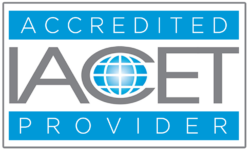
We live in a world not unlike the saying, “water, water everywhere and not a drop to drink.” In an information age we are inundated with data. Data is literally everywhere and at our fingertips 24/7. Our phones provide access to bits of information and data at our disposal in seconds.
Schools are no exception when it comes to data. Data is collected on attendance, individual progress toward standards, behavior, aptitude, interests, learning challenges…you name it and we have data on it! The disturbing thing is that schools, as dynamical systems, are governed by the principles of complex, dynamical systems. And this means that, “more data does not lead to better predictions.” Because dynamical systems are non-linear, “A” doesn’t necessarily lead to “B.” A might result in Q! So, amassing volumes, gigabytes, and file drawers full of data may not lead us to predict accurately or make better decisions.
Why collect data in schools and classrooms? The eighth belief of The Institute for Excellence in Education (IEE) is: Data must consistently and consciously guide decisions around teaching and learning.
Often times schools get caught up in the collecting of data as opposed to using the data. One of the skills of collaboration is “providing data.” Data can be information about a student gained through a relationship with the student, it may be insight gleaned from a student’s writing, it may come from formative assessment, or a test score. The fact is, it is information that when shared gives teachers a much better chance of making a wise decision in regard to a particular student. Master teachers are excellent diagnosticians because they consistently review student data to make decisions about their teaching. Data is everywhere, the challenge lies in using it well.
What specific data might help you to make good decisions about teaching and learning? How might you share data with colleagues as you collaborate to support students?

